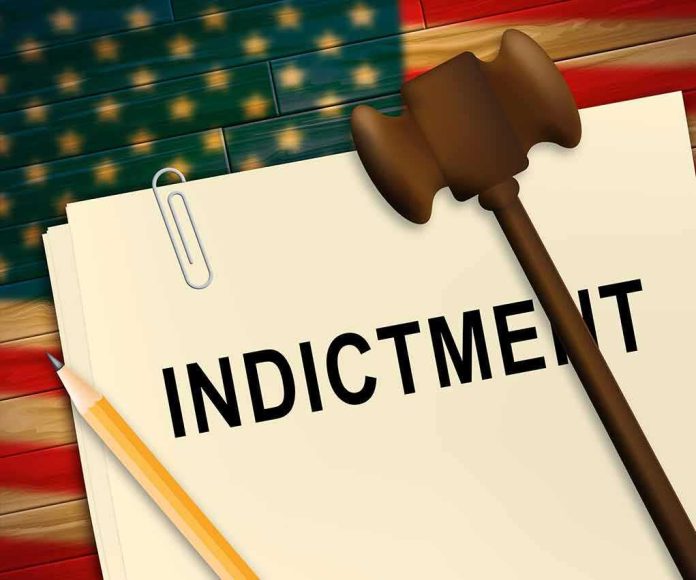
One of the most secretive men in American foreign policy just became the center of a legal and political firestorm that no one—least of all Washington’s elite—saw coming.
Story Snapshot
- John Bolton, former national security adviser, indicted on 18 counts of mishandling classified documents
- The charges spotlight the risks and rivalries within the highest echelons of government security
- The indictment adds fuel to ongoing debates about accountability and double standards in U.S. politics
- The case’s outcome could reshape public trust in national security leadership
Bolton’s Indictment: An Earthquake in the National Security Establishment
Federal prosecutors have charged John Bolton, once Donald Trump’s national security adviser, with 18 counts of mishandling classified documents. The grand jury’s move did more than rattle legal observers: it sent shockwaves through the corridors of power from Langley to Capitol Hill. Bolton, long known for his hawkish foreign policy stances and unapologetic candor, now faces the same public scrutiny as the leakers, whistleblowers, and rivals he once critiqued.
Bolton’s defense team insists that selective prosecution is at play, arguing that other officials have evaded similar accountability. Yet the indictment’s details, which include allegations that he stored sensitive materials in unsecured locations and discussed classified intelligence with unauthorized persons, read like the script of a political thriller. Critics on both sides of the aisle now wonder: is this a legitimate bid for justice, or is Bolton’s prosecution a symptom of deeper political vendettas?
Why This Case Has Captivated—and Divided—Washington
Bolton’s indictment is not just about the fate of one man—it’s a referendum on how America handles its secrets and punishes its insiders. Rival factions within the intelligence community have a long history of leaks, backchannel briefings, and power plays. But few saw Bolton, who built his reputation as a disciplinarian and enforcer, becoming the accused. The sheer number of counts—eighteen—suggests prosecutors are aiming for a high-profile conviction, not a symbolic wrist slap.
A federal grand jury has indicted John Bolton on charges related to the unlawful handling of classified materials. https://t.co/77OY2MDKqq
— ABC 27 (@abc27) October 16, 2025
Political strategists point to the timing: coming in the wake of other document scandals, Bolton’s case lands amid calls for consistency in how the law treats everyone from presidents to staffers. Conservative commentators argue that the rule of law must apply evenly, while critics of Bolton relish the irony of a security hawk under fire for failing to protect the very secrets he once weaponized in policy debates.
The Ripple Effects—From the Situation Room to Main Street
The implications of Bolton’s indictment extend far beyond his own legacy. National security professionals now face heightened scrutiny over their own document handling, while lawmakers press for reforms in how classified information is tracked, stored, and declassified. The public, meanwhile, is left to wonder: if even the most senior advisers can be ensnared in legal peril, what hope is there for restoring confidence in America’s security apparatus?
The legal proceedings promise to be a spectacle, with Bolton’s trademark bluntness likely to clash with the Justice Department’s methodical approach. As political commentators speculate about motivations and outcomes, a broader question lingers: will this case establish a new precedent for accountability, or simply reinforce the perception that high office comes with its own set of rules?
Sources:
Former Trump aide John Bolton indicted over handling of classified material

